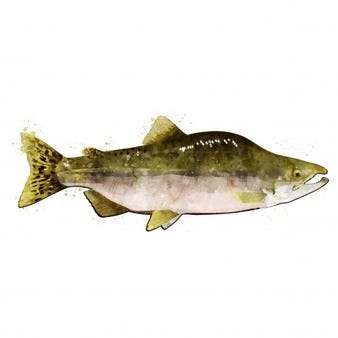Monday, December 21, 2020
Patagonia’s Advocacy for Preserving and Restoring the Earth
Monday, November 30, 2020
Patagonia - Combining Quality and Environmental Impact Awareness
Patagonia has been making clothing and climbing gear for 48 years now, with a constant commitment to quality in a world where everything is becoming disposable and Americans are throwing away an average of 81 pounds of clothing in a year. This approach to clothing, footwear, and similar goods is harming the environment, and Patagonia’s founder Yvon Chouinard has always been attentive to environmental issues and the impact of both the production and use of clothing and gear on the planet.
In the past five years, Patagonia designed and perfected a scorecard to assess the quality of products that includes ten criteria which help assess the quality and environmental impact of each product by questioning whether they are functional, durable, aesthetically appealing, or whether they cause unnecessary harm, among other things.
Nowadays, based on the ten-point assessment, Patagonia products have an average score of 8.87, and any products below 8 are dropped or the production is postponed to the following season so they can be improved. The goal is to create products that are durable and sustainable to promote a mentality that gives more value to things.
Wednesday, November 4, 2020
IFOAM Advocates Organic Agriculture to Reduce Hunger
With a master's degree in educational leadership, Nathan Duncan serves as a general manager with Patagonia, Inc. in Palo Alto, California. Proficient in business management and customer engagement, Nathan Duncan draws on nearly two decades of experience in professional learning and development and has developed efficient learning-based curriculums with public, private, and global schools. He also promotes organic agriculture.
Wednesday, October 7, 2020
Published: Patagonia Works to Address Impact of Net-Pen Salmon Farming

Tuesday, September 29, 2020
Published: Improving Coyhaique’s Ecotourism

Monday, August 10, 2020
Overview of the 2020 AEE Annual Conference
A Campbell, California resident, Nathan Duncan served in management, teaching, and leadership roles throughout his career. With two master's degrees in international relations and educational leadership from Boston University and Queens University of Charlotte, respectively, Nathan Duncan maintains a professional membership with the Association for Experiential Education (AEE).
Founded in 1972, the AEE aims to advance experiential education initiatives around the globe. This year, AEE will host its 2020 annual conference in a virtual format from November 12th to 14th.
The 2020 AEE conference will provide education on the theories and applications of experiential education while creating virtual meeting spaces for attendees to interact. It will also inform on how technology can be used in servant leadership and risk management.
Conference participants will have opportunities to participate in sharing platforms as well as in collaborative sessions. Attendees are also invited to take part in poster presentations, earn Continuing Education Units (CEU), and explore the virtual exhibit hall.
Overview of the 2020 AEE Annual Conference
A Campbell, California resident, Nathan Duncan served in management, teaching, and leadership roles throughout his career. With two master's degrees in international relations and educational leadership from Boston University and Queens University of Charlotte, respectively, Nathan Duncan maintains a professional membership with the Association for Experiential Education (AEE).
Founded in 1972, the AEE aims to advance experiential education initiatives around the globe. This year, AEE will host its 2020 annual conference in a virtual format from November 12th to 14th.
The 2020 AEE conference will provide education on the theories and applications of experiential education while creating virtual meeting spaces for attendees to interact. It will also inform on how technology can be used in servant leadership and risk management.
Conference participants will have opportunities to participate in sharing platforms as well as in collaborative sessions. Attendees are also invited to take part in poster presentations, earn Continuing Education Units (CEU), and explore the virtual exhibit hall.




